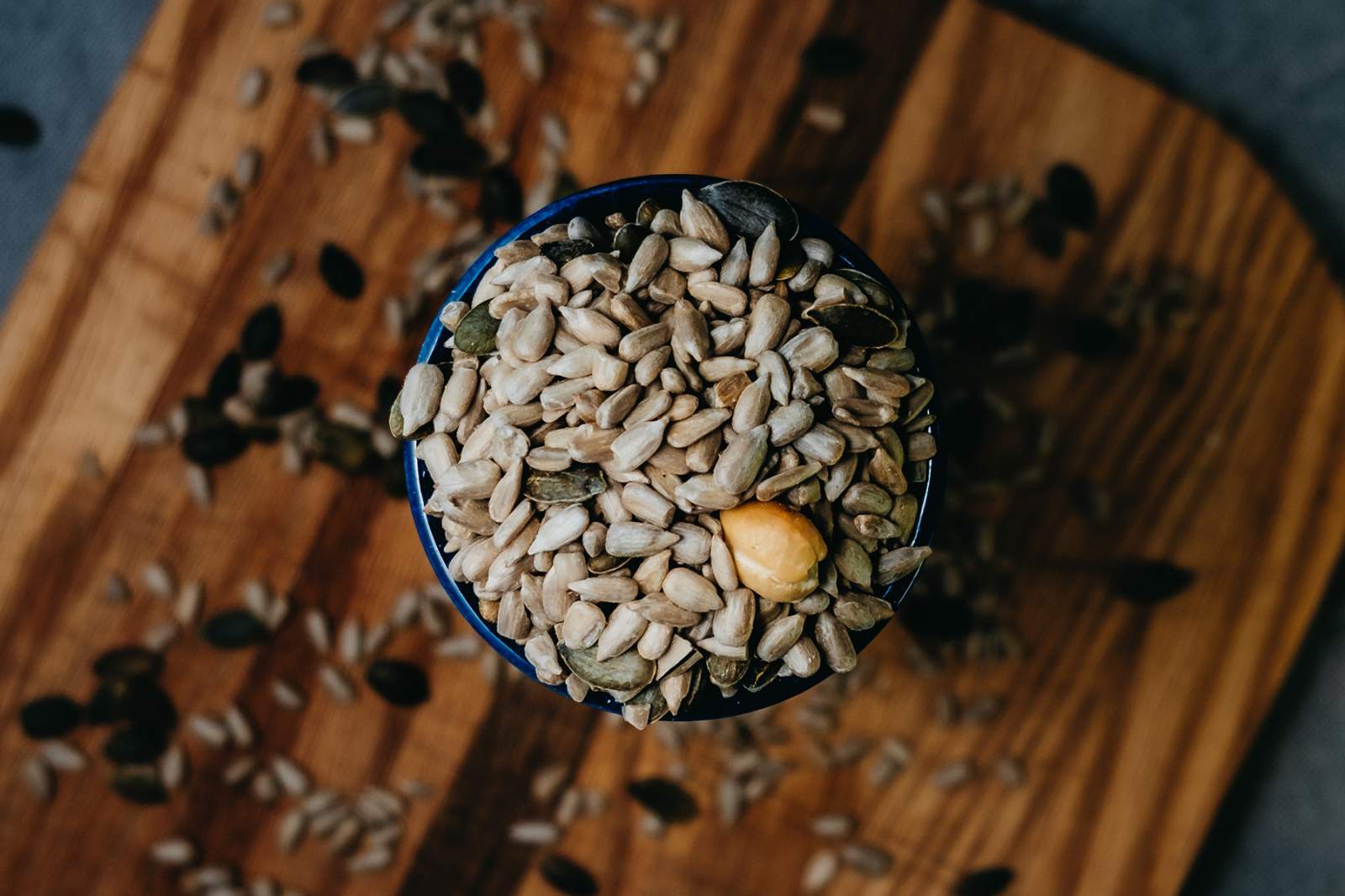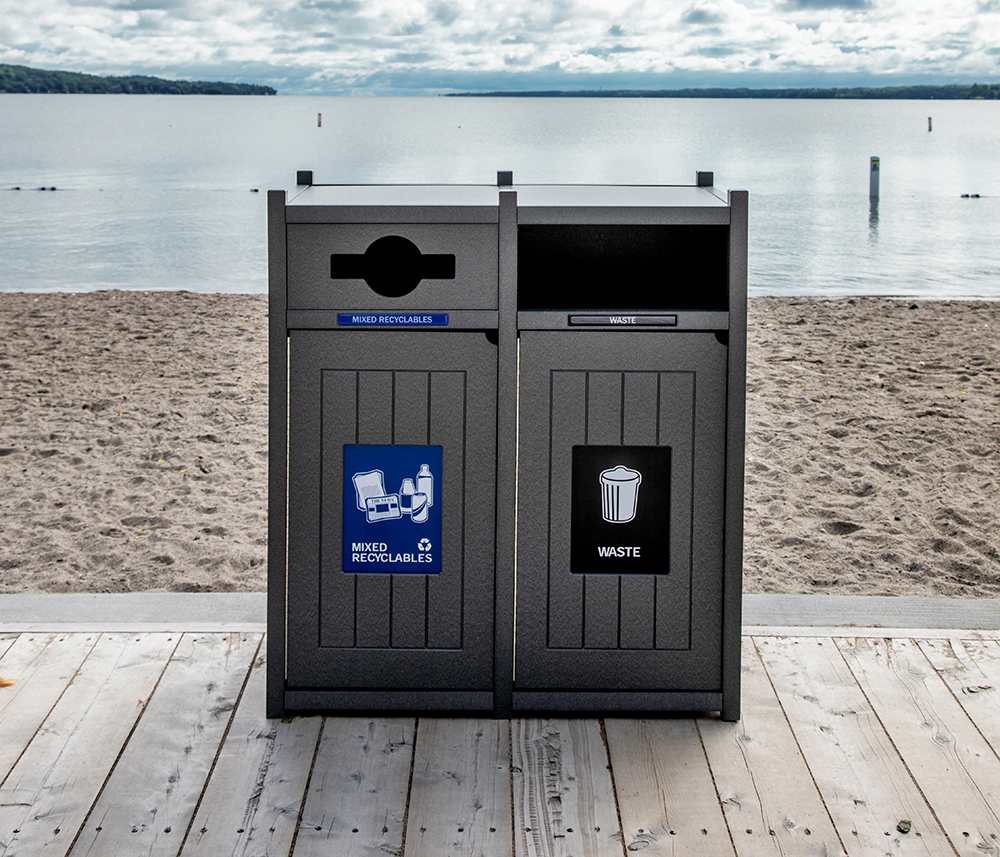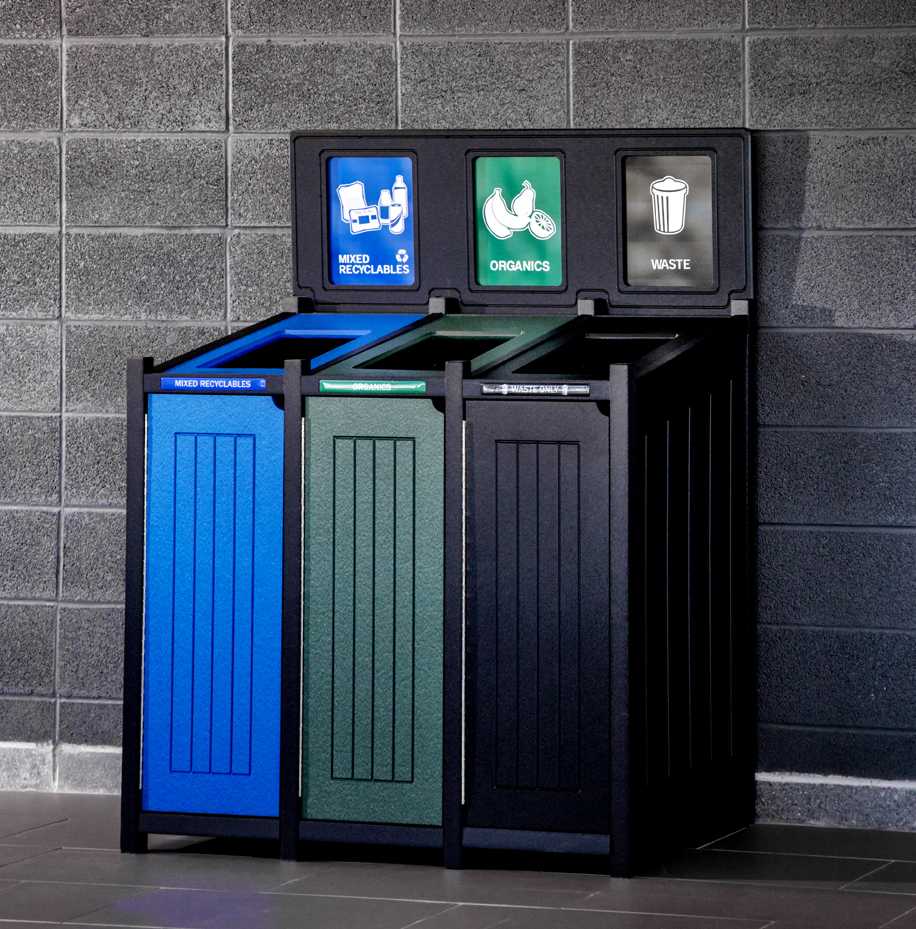Superfoods. This is a term that I had never heard about growing up as a kid, even though there were some foods, that according to my dad, actually had superpowers. If I ate my spinach I could grow muscles like Popeye the Sailor Man, or if I ate my squash I could grow hair on my chest. While I still never wanted to eat them, these were the foods that I was taught were good for me as a kid.
There are a lot of wonderful foods in the world that have tremendous nutritional value. Which is where the term “Superfoods” stems. However, do these foods actually have superpowers? Or is it just good old-fashioned marketing? From restaurant menus to articles found in health magazines, or ingredients in supplements found in health food stores; the term "superfoods" seems to be liberally applied more and more frequently. I first heard the term maybe 10 years ago when marketers were introducing exotic fruits in juices and supplements in food stores in Canada. Fruits like noni from Oceania, goji and sea buckthorn from China and mangosteen from Southeast Asia. Fruits I had never heard before. And these exotic fruits promised so many benefits. Like warding off diseases and living a longer and healthier life. I really wanted to get in on this. So, at $32 for a 32-ounce bottle ($1 an ounce), I just had to give them a try.
My simple Google search for the word "superfood" revealed 31 million results. However, the term is hard to come across in any scientific journal. For example, a search for "superfood" on PubMed, the repository of most peer-reviewed biomedical journal articles, yielded a mere 19 results. According to Cancer Research UK, the term "superfood" has little scientific basis. Which may suggest that the term may be nothing more than a marketing term that is applied to foods that carry any type health benefit.
There is a lot of truth behind the saying "We are what we eat." Nutrition is all about balance. Thinking that we are achieving a healthy balanced diet because we’re consuming “superfoods” in and amongst our processed food diet is neither healthy or accurate in any way. Healthy eating without the consumption of sugar and preservatives plus regular exercise is the best way to achieve a healthy lifestyle.
We don't have to spend our hard-earned dollars on those exotic foods that are labeled "super," when there are so many incredibly nutritious foods that are grown and produced right in our own backyard. These nutritionally dense foods can either be grown or produced by ourselves or purchased at local organic farms, farmer’s markets, or your local grocery store.
In my area of Canada, dark leafy greens like spinach, swiss chard, kale, beet greens and even those pesky dandelions grow robustly. They are loaded with Vitamins A, C and K, and many essential minerals such as calcium. My area has the ideal climate for growing amazing berries like blueberries, blackberries, strawberries, and gooseberries; which are loaded with antioxidants and flavonoids. Nuts and seeds like walnuts, sunflower seeds, and hemp have healthy fats, protein, and high levels of minerals. And, t his is just the tip of the iceberg. So many other nutritionally dense foods can be grown or produced locally, or well within 100 kilometers. Beans, flax, squash, apples, garlic, pears, barley, onions, currants, tomatoes, carrots, eggplant, peppers, broccoli, peas, and beans. All this, plus so much more. And did I mention our own amazing Canadian maple syrup? A natural sweetener boasting vitamins, minerals, and a distinct Canadian flavor.
I love the seasonal variety and abundance that we grow in Canada. From those fresh salads signaling new life in springtime, to those bountiful, beautiful berries in summer representing life and vitality, to those hearty root vegetables in soups and stews that warm us up on those cold, wintery days. There is something extraordinary about the seasons and the produce that corresponds with it. And through dehydrating, freezing, and canning we can enjoy this nutritionally packed food all year long, free of added chemicals. And as a bonus, we lower our food carbon footprint and support our local growers and the local economy. It doesn't get any better than that.
Did you find this Page helpful?



















